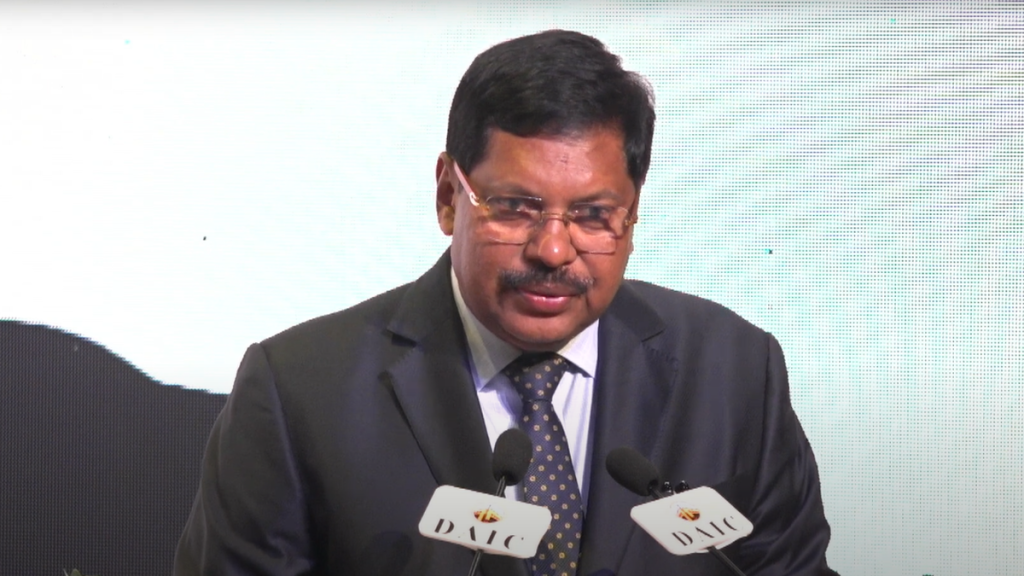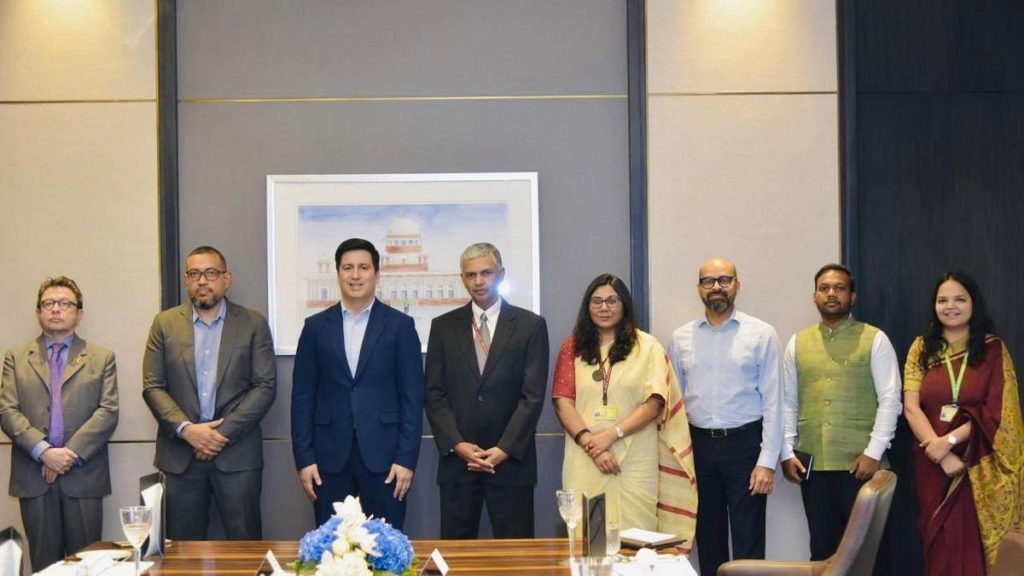Now Reading: Bengaluru Scientists Unveil Breakthrough Alternative to Lithium-Ion Batteries
-
01
Bengaluru Scientists Unveil Breakthrough Alternative to Lithium-Ion Batteries
Bengaluru Scientists Unveil Breakthrough Alternative to Lithium-Ion Batteries

quick Summary
- Researchers from CeNS, in collaboration with IISc’s CeNSE, have developed an alternative to lithium-ion batteries using aluminum and a water-based solution.
- This new battery is safer,cheaper,environmentally amiable,and reduces the risk of overheating or explosions compared to conventional lithium-ion batteries.
- The battery maintains 96.77% efficiency after 150 charge-discharge cycles and can function even when bent or folded completely in half.
- Scientists demonstrated the battery’s versatility by powering an LCD display during extreme bending tests.
- Advanced electron microscopes and spectroscopic techniques where used to ensure high performance and durability for real-world applications.
- Possible applications include flexible smartphones, wearable devices integrated into clothing seamlessly, and safer electric vehicles.
Indian Opinion Analysis
This innovation represents a significant step forward for India’s technology sector in mitigating environmental hazards linked to conventional lithium-ion batteries while advancing safer alternatives. By leveraging locally developed expertise at CeNS and IISc’s CeNSE institutes, it opens pathways for sustainable manufacturing practices that align with global climate goals.
The use of aluminum-a safer and abundant resource-and water-based chemistry may also reduce reliance on scarce raw materials like lithium which often face geopolitical constraints around mining locations like Bolivia or Australia. For India specifically,this woudl decrease dependence on imports crucial for electronics production.
Furthermore, these developments coudl catalyze India’s position as a hub for next-generation energy storage solutions fostering economic growth through exports while creating eco-friendly domestic technologies. Challenges surrounding adoption will involve scaling manufacturing processes efficiently without sacrificing affordability derived benefits downline – closer Yet future does hold positive read probability-level

























